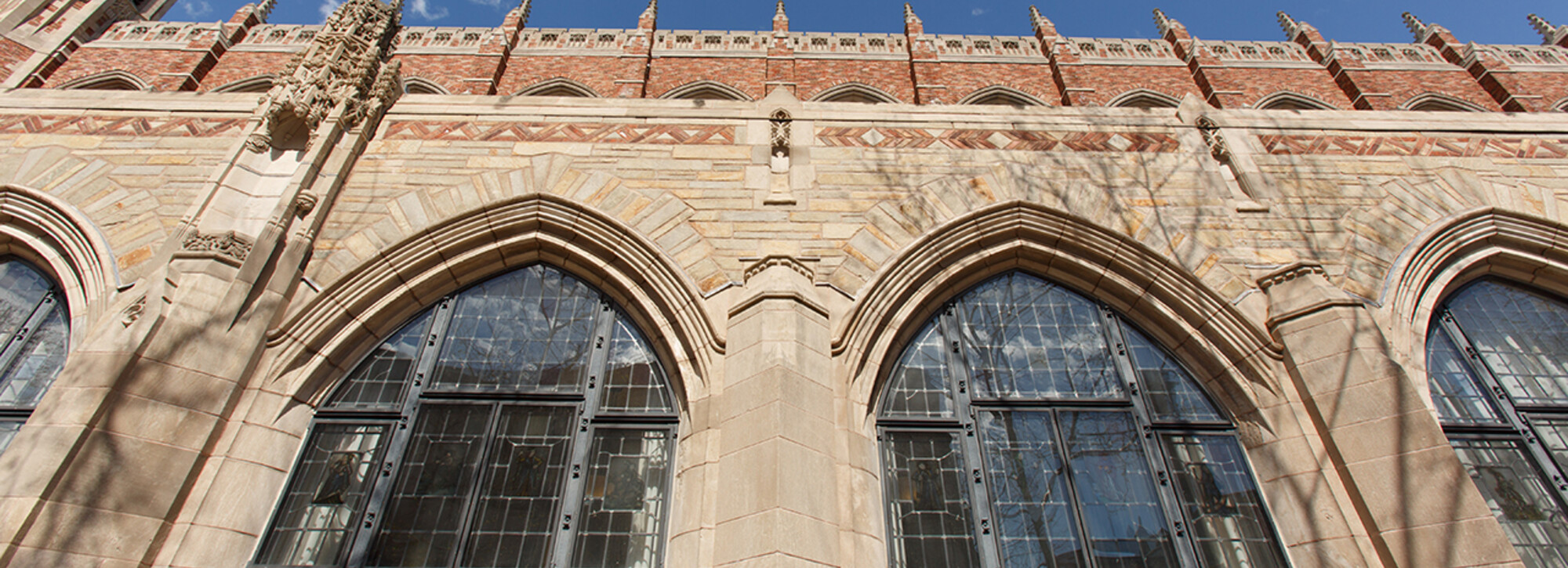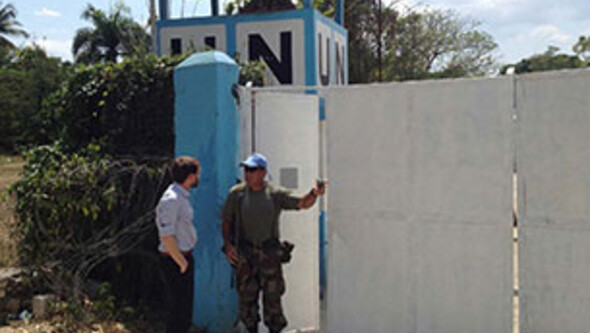The cornerstone of the GHJP is a practicum/clinic course: the Health Justice Practicum. This course fuses didactic and experiential learning on critical topics at the intersection of public health, rights, and justice in the twenty-first century. Students from law, public health, and other disciplines work in teams on projects, typically with outside partners, to address key mediators of health, with particular focus on health equity and commitment to addressing the fundamental social causes of disease. It also emphasizes power-building and political economy, instead of viewing health as a technocratic field where issues are resolved through application of expertise alone. Project approaches and readings draw from legal, public health, historical, anthropological, and other fields to introduce students to the multiple lenses through which health issues can be tackled, and to build their competence to work with colleagues in other disciplines around such interventions. A central goal of the clinic is to equip students with the capacity to engage critically and constructively with the evolving tools of law, policy, and rights in the context of health and human rights.
The Health Justice Practicum (2 or 3 credits for YLS students; 1 credit generally for YSPH) is open to both new and continuing students and is primarily focused on experiential project work. While there is not a weekly didactic seminar, students will participate in onboarding sessions at the start of the semester; regular project-oriented sessions throughout the semester to discuss updates, key themes, and opportunities for inter-team collaboration; and weekly team supervision meetings.
Our projects evolve each semester according to our partners’ interests and needs, as well as in response to changes at local, state, national and international levels in policies and programs affecting partners, relevant movements and key populations. See selected current and past Practicum projects below.
For more information on the Practicum and application instructions, consult the course listings for your school.






